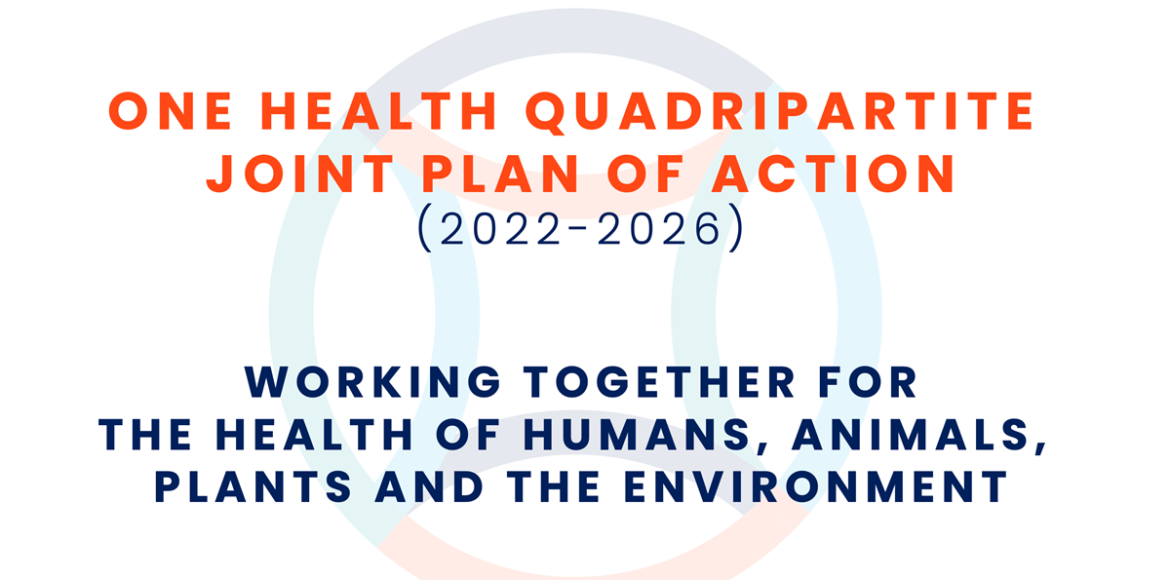By Haruna Gimba
The World health Organisation (WHO) with other quadripartite partners, the Food and Agriculture Organization (FAO), the United Nations Environment Programme (UNEP), and the World Organisation for Animal Health (WOAH), have launched the One Health Joint Plan of Action.
The plan integrates systems and capacity to collectively better prevent, predict, detect, and respond to health threats. Ultimately, this coordination should improve the health of humans, animals, plants, and the environment, while contributing to sustainable development.
The plan was launched on October 18, 2022, during a joint event at the World Health Summit in Berlin, hosted by the Federal Ministry for Economic Cooperation and Development (BMZ), the Deutsche Gesellschaft für Internationale Zusammenarbeit (GIZ), the Museum für Naturkunde and the Foundation Healthy Planet-Healthy People.
It was then presented at the biennial World One Health Congress, held this year in Singapore.
The focus of that conference was on how One Health could support the COVID-19 recovery by integrating science, policy, and clinical practice.
The pandemic has spurred many governments to look for guidance, and the One Health Joint Plan of Action is providing them with a framework in which to move forward.
Breaking the silos that exist between sectors and disciplines will require innovative approaches and strengthening of social, administrative, scientific, economic and political will.
Greater investment in applied and multidisciplinary implementation research, including in social behaviour change across the spectrum from building new knowledge to piloting and scaling is needed to enable sustainable, locally relevant scientific and evidence-based interventions that channel scientific inquiry toward positive change.
The Quadripartite is currently developing an implementation framework to operationalize the One Health Joint Plan of Action at all levels and to support countries to establish or further strengthen their One Health systems and capacities.




